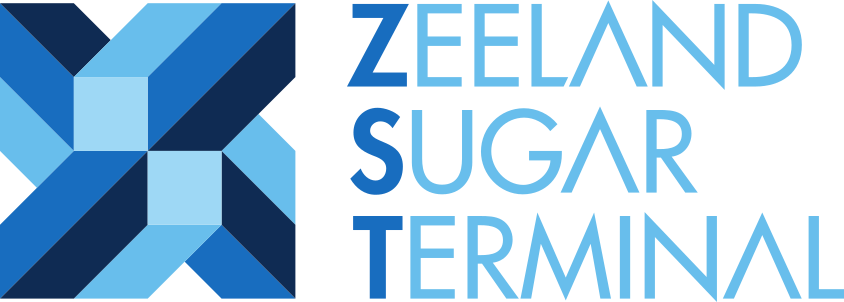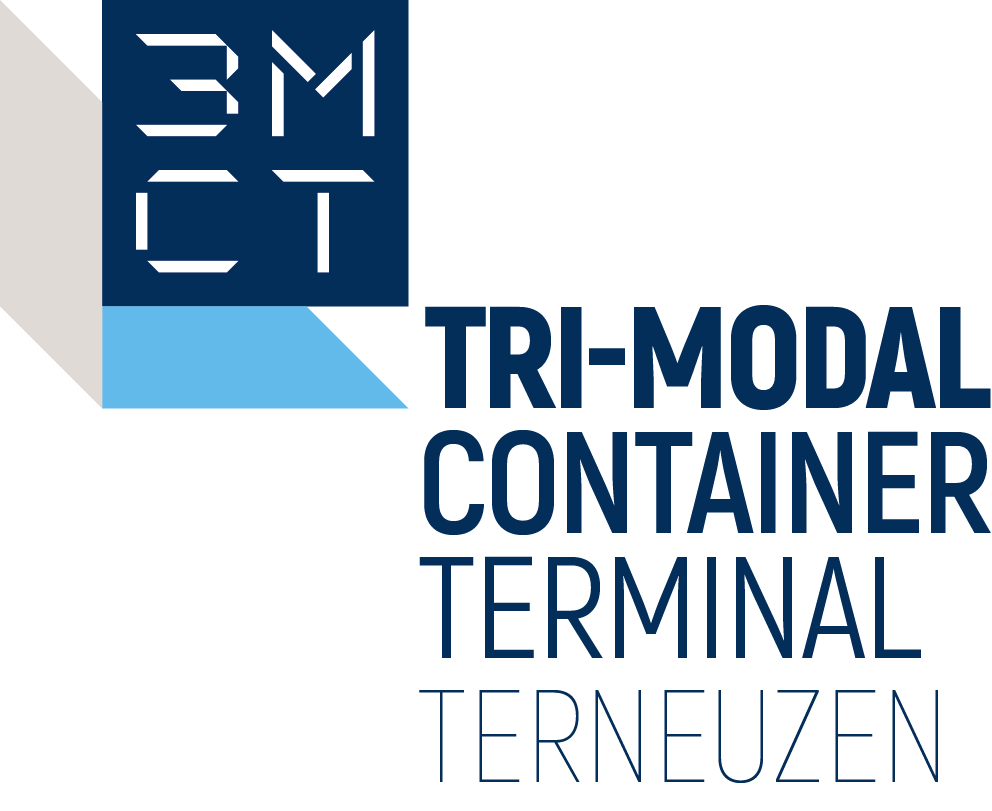According to the Dutch dictionary, Woordenboek der Nederlandsche Taal, the Southern Low Countries define the word “natie”, or nation, as a corporation or guild. In the port of Antwerp, these “nations” were originally associations of craft guilds, which arranged the handling and transportation of cargo from the quays to the warehouses. Dockworkers, or stevedores, did the actual loading and unloading of the ships’ goods.
Nations were private companies with a cooperative structure. The nations’ shareholders were the Nation Bosses, who headed up crews of dockworkers (natiegasten) that he or his delegate rounded up for recruitment each day at the Drafting Building (het “kot”). The managers of the nations were called Nation Directors.
During the French Revolution, the French occupiers did away with these nations and guilds. However, Napoleon reinstated them when he came into power. The names of the nations usually refer to the type of goods they were involved in, or to the Nation Bosses.
After World War II, the nations evolved into logistics companies and their business was longer limited to harbor work. The activities of nations and their subsidiaries included loading and unloading cargo ships (stevedores), transport, storage, shipping, and customs duties, both nationally and internationally.
Members are fully committed to the business and to providing the client with excellent service. Vlaeynatie has stood the test of time, thanks to our flexibility and solution-driven approach, hard work and innovation.
Continuation of the values of the Naties. Naties are the predecessors of Corporations. The members are shareholders and are actively involved in the daily management.
Today, Vlaeynatie is the European expert in offering value added services throughout the maritime bulk supply chain. They maintain a strong focus and commitment towards the fertilizer and sugar industry. In the spirit of the “Naties,” our shareholders are very much involved in the daily operations and are in direct contact with our customers.





